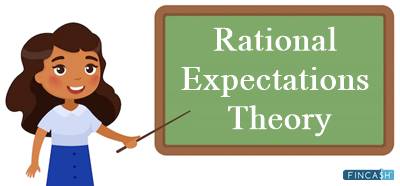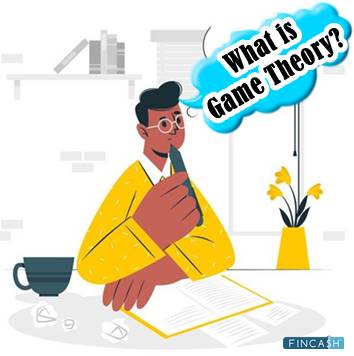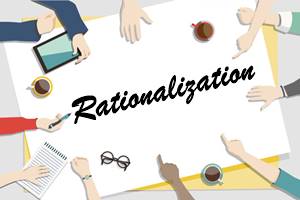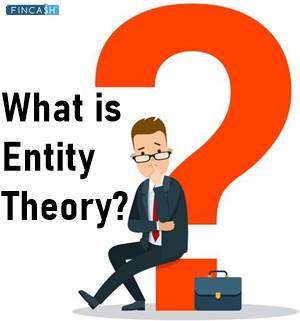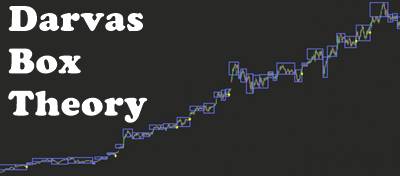What is Rational Choice Theory?
According to rational choice theory (RCT), individuals employ rational calculations to make rational decisions and attain results that are consistent with their particular goals. These outcomes are also linked to optimising an individual's self-interest.
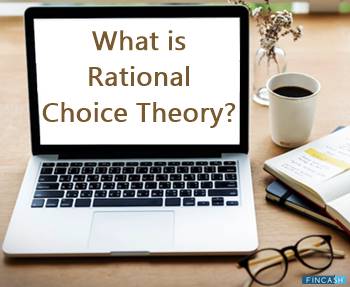
Given the restricted options available, the rational choice theory is supposed to produce results that offer individuals with the most benefit and happiness.
Who Developed Rational Choice Theory?
The rational choice theory was founded by Adam Smith and suggested the concept of an "invisible hand" guiding free-Market economies in the mid-1770s. Smith explored the invisible hand idea in his 1776 book "An Inquiry into the Nature and Causes of the Wealth of Nations."
Rational Choice Theory Example
According to the theory, rational customers swiftly acquire any under-priced assets and short-sell any overpriced assets. A rational customer would be someone who chooses less expensive assets. For instance, Audi is available for Rs. 2 crores while Volkswagen is available for Rs. 50 lakhs. Here, the rational choice would be Volkswagen.
Assumptions
The following assumptions are made to fulfil the requirements for rational choice theory:
- Individuals utilise the resources available to them to maximise their gains
- All actions are sensible and are undertaken after weighing the costs and benefits
- When the value of the reward falls below the value of the expenditures, the activity or connection is terminated
- The advantage of a relationship or activity must surpass the expense of carrying it out
In simple words, according to rational choice theory, individuals are in control of their decisions. Instead, there is a proper analysis of the implications and possible benefits using rational thoughts.
Criticisms of Rational Choice Theory
Rational choice theory is frequently criticised for explaining individual behaviour in solely rational ways. The crux of this argument is that the theory overlooks non-rational human behaviour, ignoring emotional, psychological, and moral (normative) impacts on it.
A few more criticisms are as follows:
- It does not account for non-self-serving conduct such as charity or helping others when there is a cost but no return to the individual
- The rational choice theory ignores the impact of social norms. When most people adhere to social standards even when they do not benefit from doing so
- Individuals who make decisions based on fixed learning norms are not taken into consideration by rational choice theory
- Choices made owing to situational variables or context-dependent are not considered by rational choice theory. Emotional state, social context, environmental influences, and how choices are presented to the individual may result in decisions that may not correspond with rational choice theory beliefs
Rational Choice Theory Economics
The rational choice theory is a school of thought that claims that individuals choose the course of action that is most compatible with their desires. It is also known as rational action theory or choice theory. It is used to model human decision making, particularly in microeconomics, where it helps economists better understand societal behaviour in terms of individual actions.
These actions are explained by rationality, in which choices are consistent because they are made based on personal preference. Rational choice theory is rapidly being applied to various fields, such as evolutionary theory, political science, governance, sociology, Economics and the military.
RCT Political Science
The term "rational choice in political science" refers to using an economics approach in the study of political issues. The research program's goal is to rationalise collective behaviour that appears ignorant or unproductive. In political science, rational choice is on its way out in its sophisticated form.
Talk to our investment specialist
Rational Choice Theory Criminology
In criminology, the theory is based on the utilitarian notion that people are thinking about actions by assessing means and ends, costs and advantages, to make a rational choice. Cornish and Clarke developed this strategy to help people feel about situational crime prevention.
Rational Choice Theory of Governance
The relationship between rational choice theory and governance can take various forms, including voter behaviour, the acts of international leaders, and even how significant issues are dealt with. Both depend on microeconomic analysis. It aims to break social action into individual acts and to explain human behaviour in terms of rationality, notably profit or utility maximisation.
RCT Sociology
Social phenomena can be explained using rational choice theory. This is due to the fact that all social development and institutions are the result of human acts. In sociology, rational choice theory assists social workers in understanding the motives of persons with whom they interact.
Using this theory, social workers can learn why their clients do certain things and end up in specific situations, even if they appear to be undesirable. Social workers can utilise their awareness that their clients will make decisions based on what benefits them to influence their interactions with and suggestions for their clients.
Takeaway
Many classical economic theories are founded on rational choice theory assumptions. Furthermore, people prefer to act in a way that benefits them over behaviours that are neutral or harmful. The theory faces various criticisms like individuals are emotional and easily distracted, and therefore their behaviour does not always follow the predictions of economic models. Despite various objections, the rational choice theory is widely employed across many academic disciplines and fields of research.
All efforts have been made to ensure the information provided here is accurate. However, no guarantees are made regarding correctness of data. Please verify with scheme information document before making any investment.
